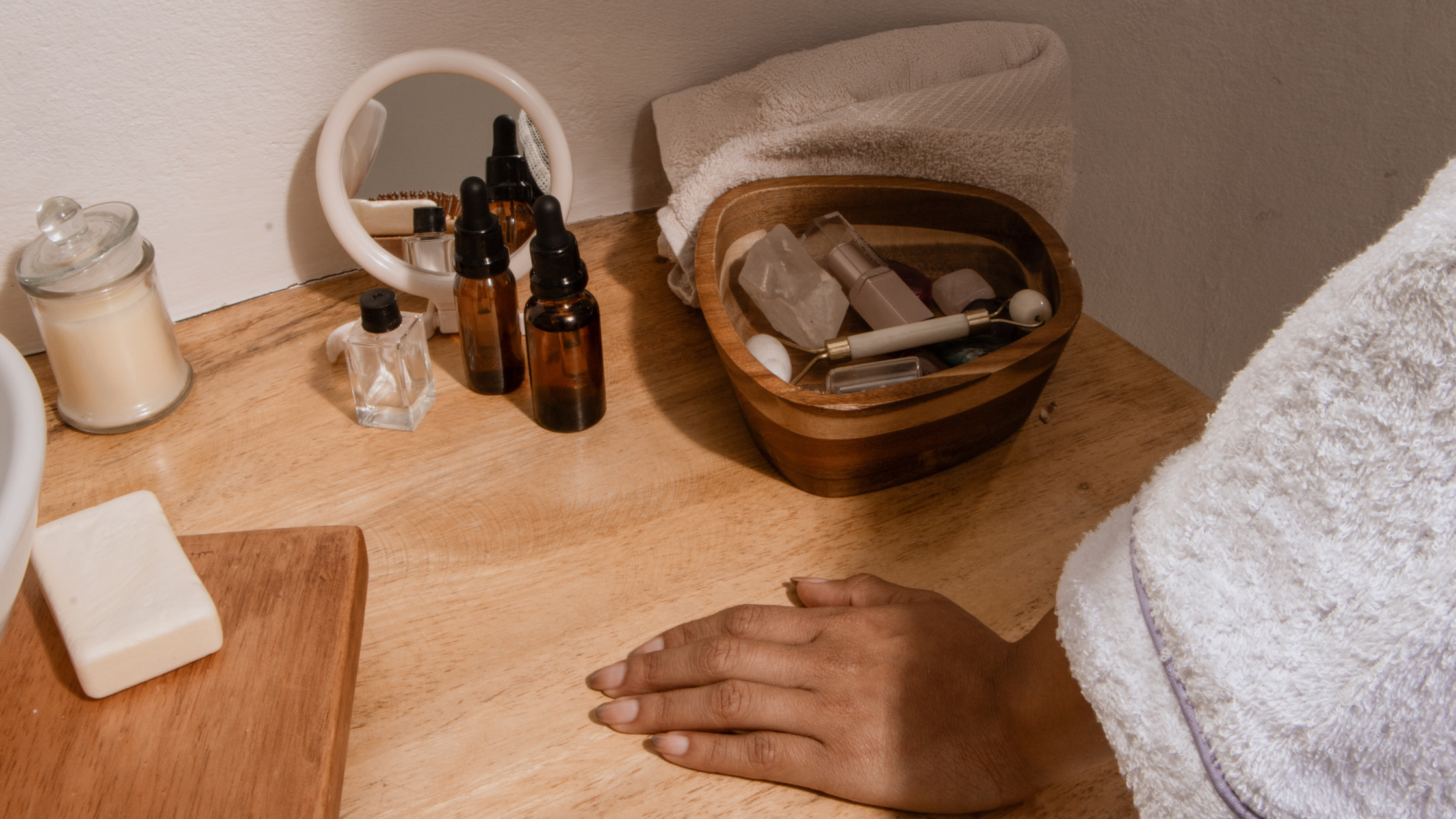How Tiny Daily Habits Transform Your Health

In a world obsessed with quick fixes and dramatic transformations, it’s easy to forget that the most powerful changes often begin with something small — a simple, repeatable action done consistently over time. Whether it’s taking a short morning walk, drinking more water, or taking a few deep breaths before bed, these seemingly minor habits can completely reshape your physical and mental wellbeing.
1. The Science Behind Habit Formation
Our brains are wired for efficiency. When we repeat a behavior often enough, the brain begins to automate it — saving energy by turning conscious choices into subconscious routines. According to behavioral psychology, it takes roughly 21 to 66 days for a habit to become automatic, depending on the complexity of the action.
That means even the smallest daily effort — like stretching for five minutes each morning — can evolve into a natural, effortless part of your day if you stick with it.
2. Why Small Wins Matter More Than Big Goals
Big, sweeping goals (“I’ll start running five miles every morning”) often fail because they demand too much, too soon. Small actions, however, build momentum. They give you quick wins, a sense of progress, and most importantly — confidence.
When you commit to something manageable, like a two-minute meditation or swapping one sugary drink for water, you train your mind to value consistency over intensity. Those wins compound, much like interest in a bank account, until you look back and realize how far you’ve come.
3. The Compounding Effect of Consistency
Think of your daily actions as seeds. One healthy choice might not change your life overnight, but planted and watered every day, it grows. Repeated small actions — even when they seem insignificant — create long-term transformation because they build on each other.
Five minutes of journaling today becomes deeper self-awareness months later. Ten squats each morning might not feel like much now, but after a year, that’s over 3,500 squats — and a noticeably stronger body.
4. Building Habits That Stick
To make small actions truly stick, try these simple strategies:
-
Start ridiculously small. If your goal feels too easy, you’re more likely to follow through.
-
Anchor habits to existing routines. For example: “After I brush my teeth, I’ll do 10 deep breaths.”
-
Celebrate small wins. Each time you repeat the behavior, acknowledge it. That dopamine boost reinforces the habit loop.
-
Be patient. Progress isn’t about perfection — it’s about showing up, even when motivation fades.
5. The Ripple Effect of Healthy Habits
Once one small habit sticks, it naturally leads to others. A daily morning stretch might inspire better posture, which improves confidence, which leads to healthier food choices — and the ripple effect continues. Over time, your entire lifestyle begins to shift toward health and balance.
One small habit you need to try is mouth taping at night - consistent sleep is the cheat code to feeling your best everyday and in order to get consistent sleep mouth taping makes the biggest difference - try yours here



